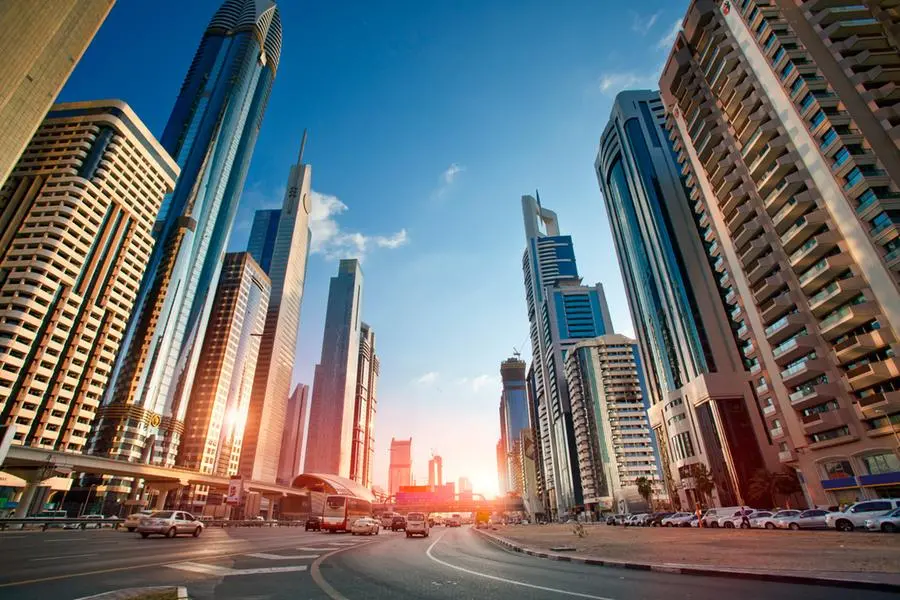
Dubai Property Demand is not only shaped by its futuristic skyline and record-breaking skyscrapers-it is equally fueled by the city’s deep cultural roots, heritage, and lifestyle. While the towering high-rises and luxury waterfront developments grab global headlines, Dubai’s charm also lies in its traditional souks, Arabian architecture, and a culture that blends authenticity with modern innovation.
Today, investors are not just buying into bricks and mortar; they are buying into a lifestyle that marries tradition with progress. From the bustling lanes of heritage markets to the glittering towers of Downtown Dubai, the cultural heartbeat of the city is one of the strongest drivers of real estate growth.
The Dubai Property Demand story is incomplete without highlighting how culture plays a central role in shaping buyer interest. While many global cities boast luxury apartments and mega-projects, Dubai’s unique identity gives it an edge.
This cultural depth transforms Dubai into more than just a financial hub-it makes it a home for those who value both tradition and modernity.
Walk through Deira’s traditional markets and you’ll see Dubai’s history as a trading port come alive. Just a short drive away, the skyline is dominated by the Burj Khalifa, Palm Jumeirah, and futuristic residential communities. This stark contrast is exactly what captivates property buyers.
Developers are increasingly blending the old with the new:
The ability to move seamlessly from a traditional souk to a high-rise penthouse within minutes showcases the city’s diverse property ecosystem.
Dubai Property Demand is heavily tied to lifestyle expectations. For many buyers, it is not only about acquiring property—it’s about enjoying a city that balances cultural richness with modern comforts.
This cultural-lifestyle combination ensures that Dubai remains a magnet for foreign buyers looking for more than just financial returns.
Global investors see Dubai as a safe haven, but cultural richness makes their investment more meaningful. Unlike some cities that focus purely on luxury, Dubai offers a holistic package:
This mix of financial benefits and cultural vibrancy is what sets Dubai apart on the global property map.

Dubai developers are increasingly leveraging cultural themes to appeal to buyers. Instead of focusing only on futuristic designs, many projects highlight tradition:
This attention to cultural details not only differentiates projects but also adds long-term value for buyers who want authenticity.
The challenge—and opportunity—for Dubai real estate lies in balancing cultural heritage with futuristic ambitions. Buyers want both: the high-end lifestyle of a global city and the charm of an authentic Middle Eastern identity.
Dubai is managing this balance effectively:
This harmony is key to sustaining long-term property demand.
In today’s real estate market, branding matters. Dubai has built a brand not only as a luxury destination but as a city of culture. This branding has tangible impact:
By emphasizing culture in real estate, Dubai is not just competing with other global cities-it is creating a unique category of its own.
Looking ahead, Dubai’s property market is expected to remain strong, with cultural appeal continuing to fuel demand. Several trends stand out:
The Dubai Property Demand story is not just about numbers, prices, or square footage-it’s about culture. The city’s unique ability to combine heritage markets with modern high-rises makes it unlike any other place in the world.
For investors, Dubai offers more than a property-it offers a cultural lifestyle, a safe investment, and a globally connected city. As long as culture remains at the heart of development, Dubai will continue to shine as one of the most attractive real estate markets in the world.
The rise of Dubai Property Demand is proof that in a world of steel and glass, culture remains one of the most powerful drivers of growth.
Do follow us : Instagram
Read More-Dubai Real Estate Sales Report Q2 2025 Breaks Records
